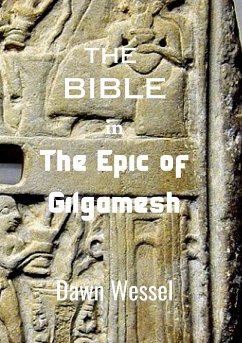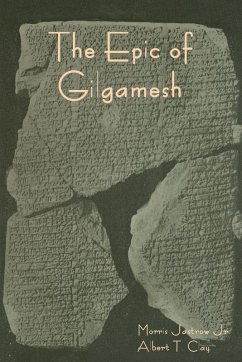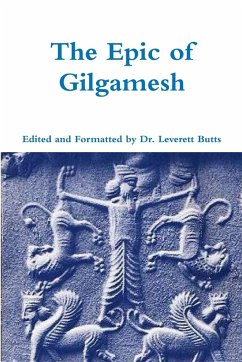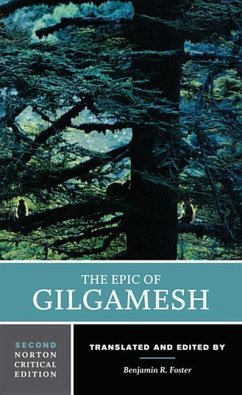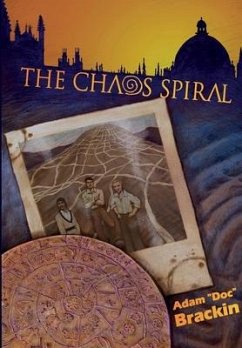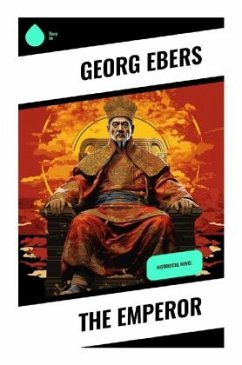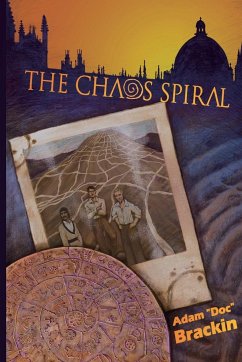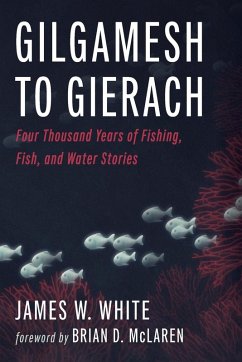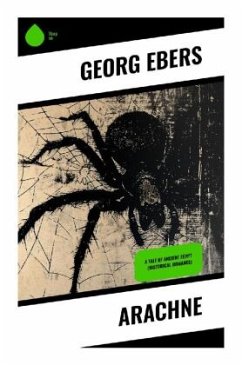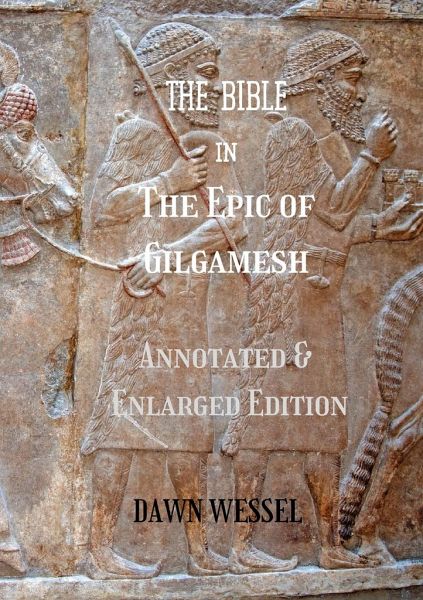
THE BIBLE in The Epic of Gilgamesh
Annotated & Enlarged Edition

PAYBACK Punkte
9 °P sammeln!
Is there another way to look at the Bible flood story? Rather than a very big boat needed to save a large number of animals and eight souls from extinction, think of Noah's Ark as being a closed biological system where male and female ("two of every sort") are necessary for procreation and to maintain equilibrium. And rather than thinking of the flood as a cataclysm involving H20, consider another scenario where the waters ("darkness with little light") may be "a hot dense state" that expands and cools over time. Comparing the Bible and extra-Biblical writings alongside the ancient Sumerian/Ak...
Is there another way to look at the Bible flood story? Rather than a very big boat needed to save a large number of animals and eight souls from extinction, think of Noah's Ark as being a closed biological system where male and female ("two of every sort") are necessary for procreation and to maintain equilibrium. And rather than thinking of the flood as a cataclysm involving H20, consider another scenario where the waters ("darkness with little light") may be "a hot dense state" that expands and cools over time. Comparing the Bible and extra-Biblical writings alongside the ancient Sumerian/Akkadian/Babylonian, The Epic of Gilgamesh, we are transported to a time before time. All sense of Bible chronology seems to disappear into one continuous stream, Noah and Moses become the same story. What does it mean in the big scheme of things? Are we to believe that Bible stories are mere variations of a more ancient tale? Essentially what 'The Epic of Gilgamesh' does is erase all sense of Bible timelines to expose what looks to be something far more sinister. What has often appeared to many as a discordant jumble of words, nevertheless shows itself to be an extremely convoluted (albeit not evident from general reading) wonder, yet not in the sense as religious ideas portray it. It makes us ask how human beings could have orchestrated the complexity. More than that we must ask the question few of us want to. Have we been intentionally misled?



